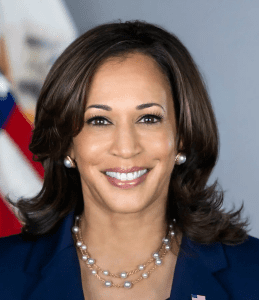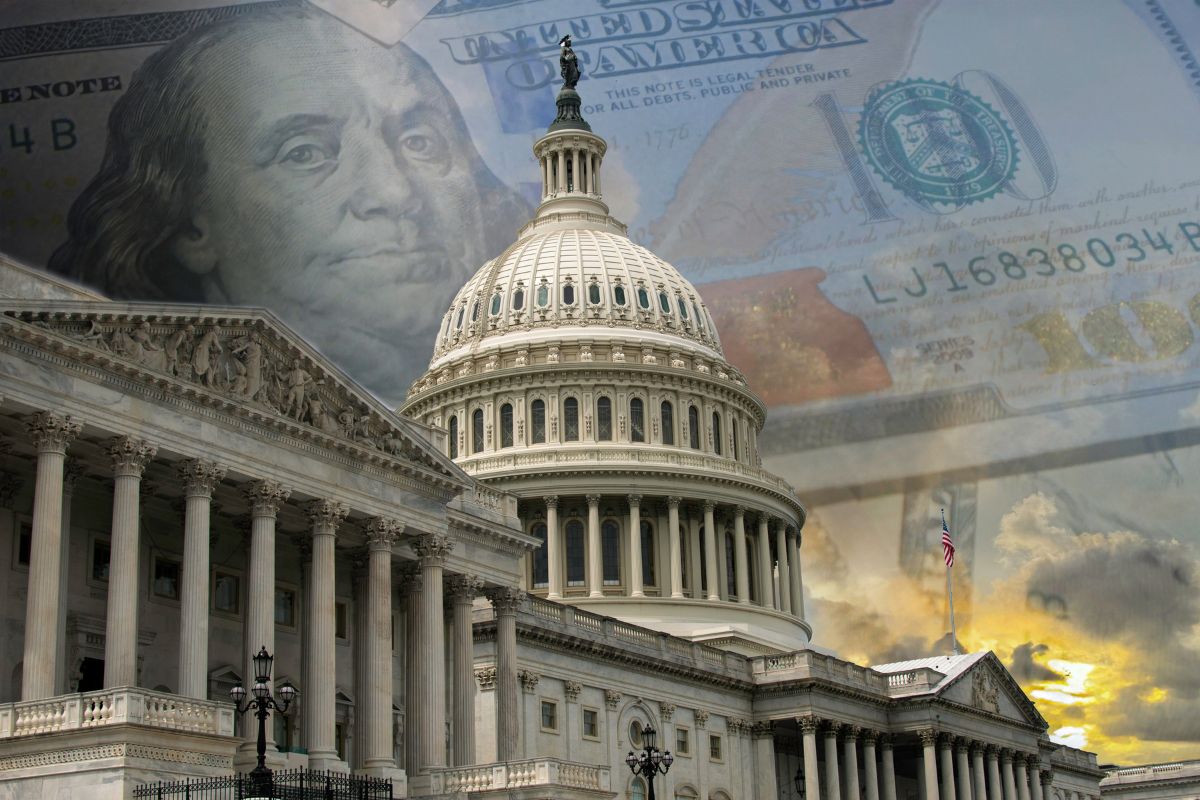In the wake of a new report that shows the ratio of students to counselors in the nation’s public schools hit its lowest point in at least 36 years, U.S. Vice President Kamala Harris recently announced an additional $285 million in funding for schools to hire and train mental health counselors.
Based on the American School Counselor Association’s analysis of federal data, schools across the country had an average of 408 students for every counselor last school year, “lower than the 424 to 1 ratio pre-pandemic, but still significantly higher than the 250 to 1 recommended by the counselors’ group.”

“While not the optimal ratio, it’s still good news,” ASCA Executive Director Jill Cook observed.
According to ASCA, lower average caseloads mean counselors can commit more time to every student. However, the organization maintains that “the pattern remains uneven across states and that focusing too heavily on national or statewide statistics can obscure stark disparities between districts and the true accessibility of counselors at individual schools.”
An Historic Mental Health Investment
The Bipartisan Safer Communities Act allocated funds to hire and train counselors, psychologists, social workers, and other mental health professionals. It also represents “the single largest investment in student mental health in history and will help to hire and train more than 14,000 school mental health professionals throughout America.”
“In the United States of America today, the No. 1 killer of our children is gun violence…and when we take the time to consider what this means, let us understand how many people in our country, including our children, are experiencing profound trauma that manifests itself in so many ways,” Vice President Harris explained in a speech announcing the funding windfall in Charlotte, N.C. “We are here today to talk about many things including the need for reasonable gun safety laws, but also the trauma and what we must do to assist in the diagnosis and treatment of it. For all of those reasons, I am proud to be here to share that we are announcing $285 million as part of our administration’s initiative to hire and train mental health counselors in schools.”
Additional Community Funding
Vice President Harris also announced more than $6 million for community violence intervention. The Department of Education will manage the funding earmarked for seven school districts across the country as part of the Project Prevent grant program, “which will support community- and school-based strategies to help prevent and mitigate the impacts of community violence on students, including exposure to gun violence.”
“This is a time of profound challenges to the mental health of our nation’s students. As an educator, I can tell you that across our country, millions of students are not reaching their God-given potential because they fear for their safety or lack a sense of belonging in school,” Education Secretary Miguel Cardona added at the Charlotte event. “Make no mistake: you cannot separate the need to accelerate our students’ academic success from having safe and welcoming learning conditions, free from fear and violence. We need to boldly improve learning conditions and step up our focus on youth mental health.”
During the 2019-2020 school year, nearly half of public schools reported not providing diagnostic mental health services for students. And only 42 percent offered mental health treatment services of any kind.
Further Reading:
Outcome Predictors in Youth With Mental Disorders



